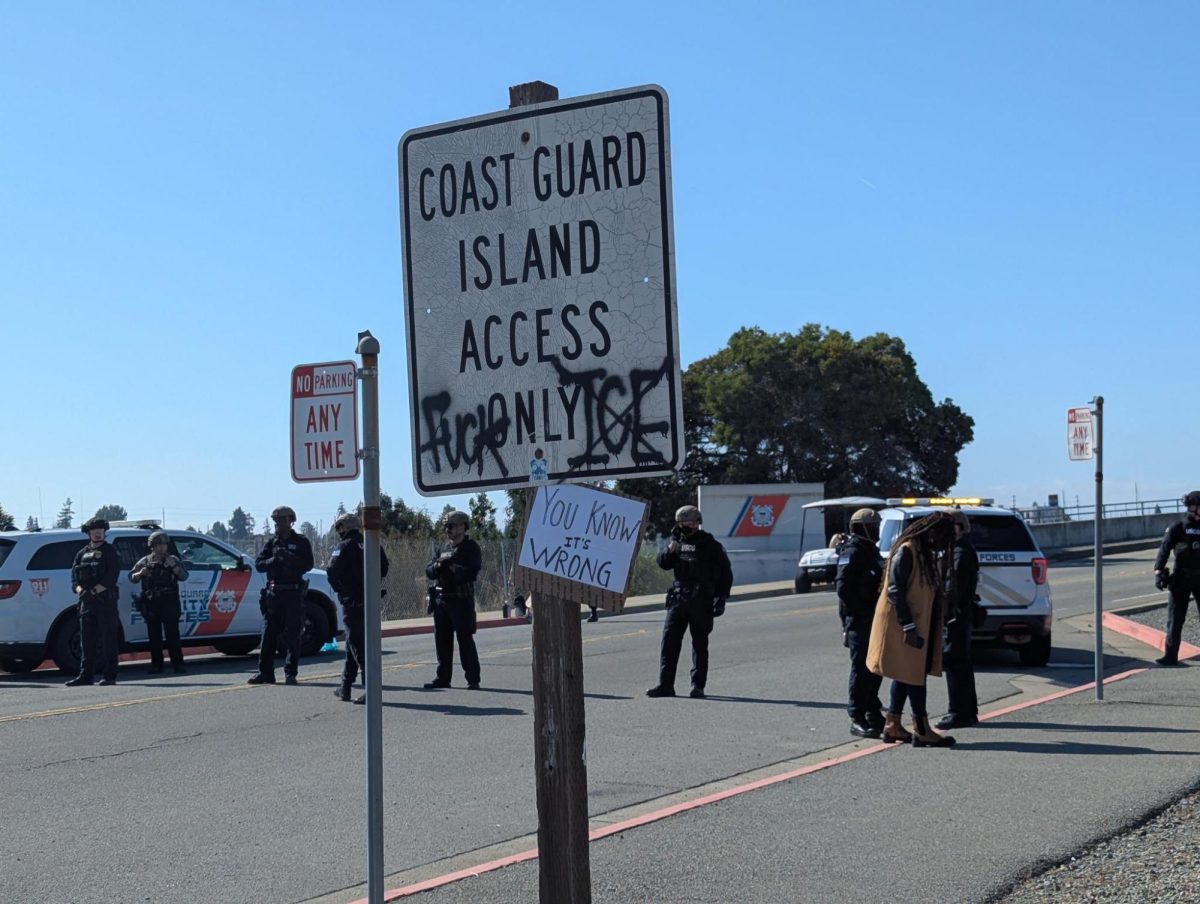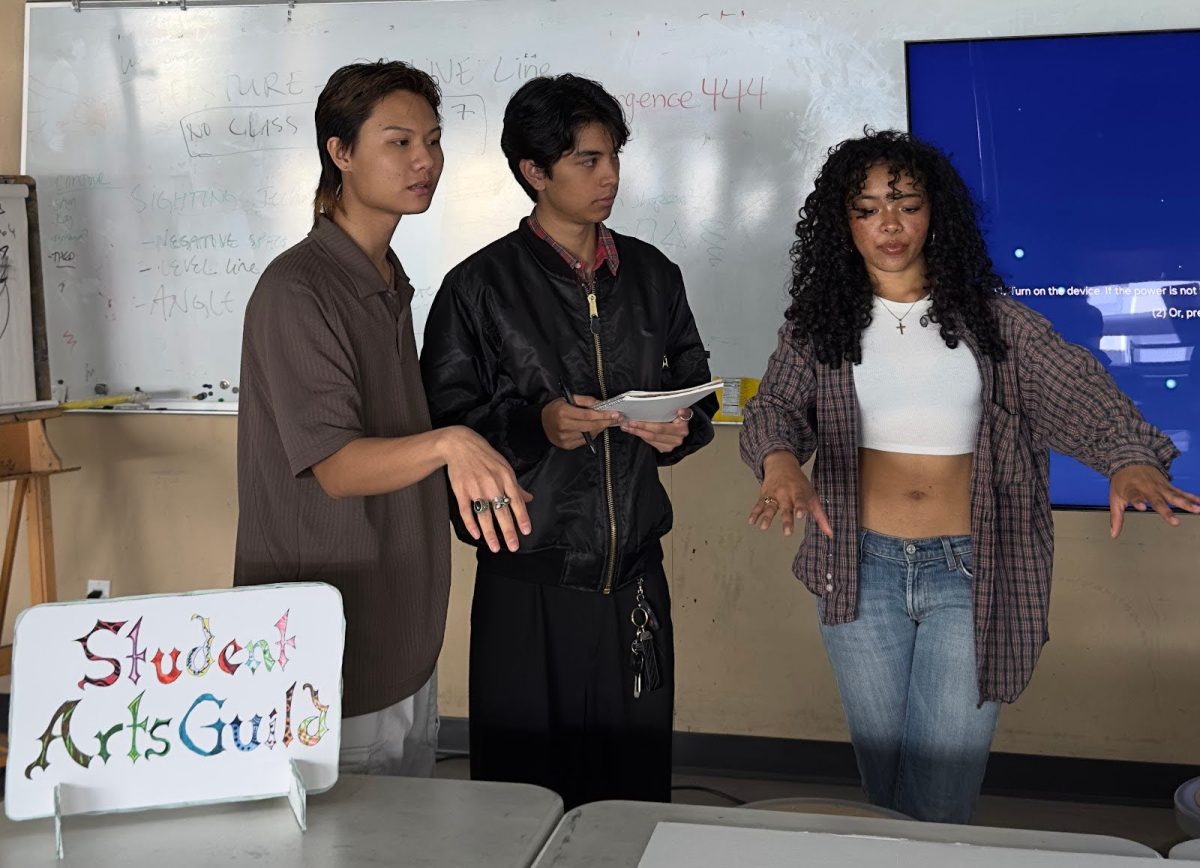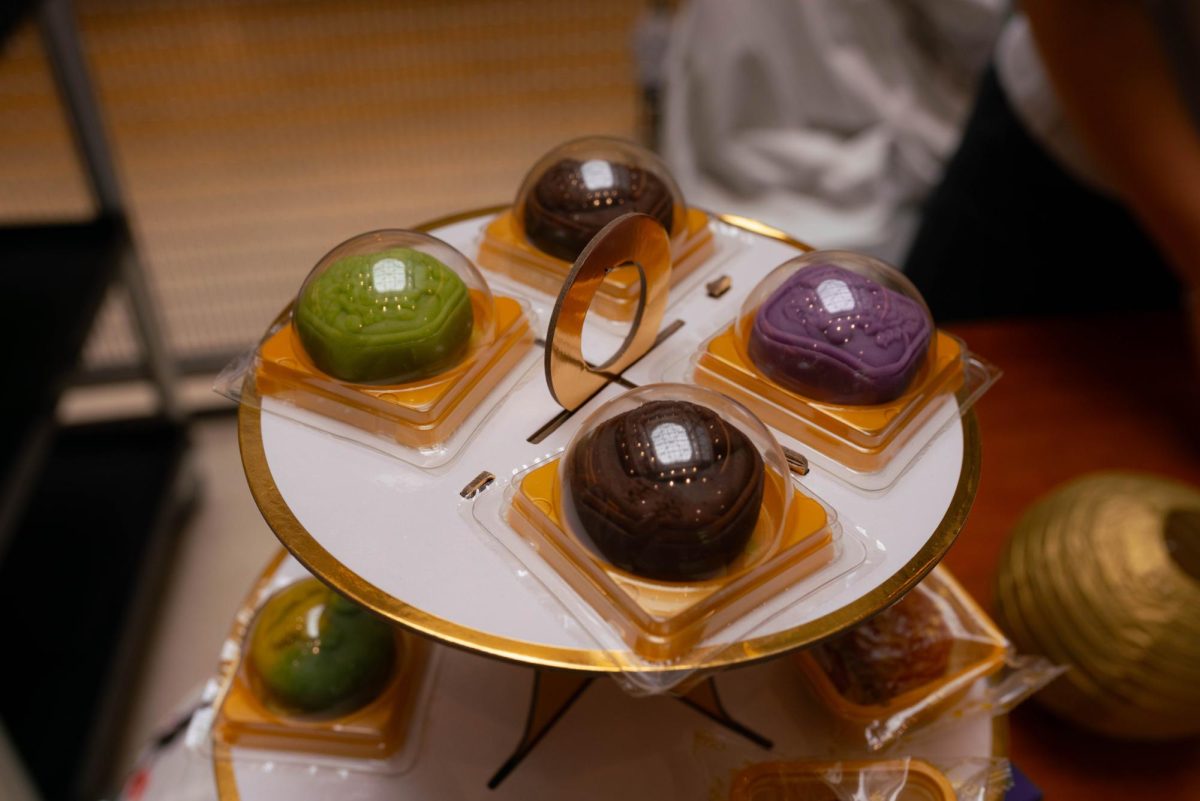In the discussion surrounding media careers, the jobs that come to mind are journalists, PR people, and editors, but such jobs only represent one side of the media world.
Every publication or network needs someone to defend them in cases of libel and fight for the First Amendment rights that grant them access to information and to protect their sources.
Duffy Carolan is one of these valiant advocates. As a local media attorney she has defended several big name and Bay Area media outlets in court and provided consultation to help them prevent future cases.
Carolan herself began as a journalist writing a “dining and entertainment” column for the Alameda Times-Star and later selling ads for the San Francisco Bay Guardian. It wasn’t until later that she switched gears, finding her true passion in media law.
She came to speak in the Mass Media and Society at Laney College, explaining her practice and outlining points of caution for any aspiring journalists in the class.
The main topic of her discussion was libel, the printed counterpart to slander where an individual writes defamatory statements about a person or organization that are untrue.
Being accused of or committing libel is one of the greatest risks a journalist faces and Carolan explained how to avoid making libelous statements by referencing the well-known rule among journalists that “truth is the only complete defense.” She also explained that defamatory statements about a person or organization that are untrue.
Being accused of or committing libel is one of the greatest risks a journalist faces and Carolan explained how to avoid making libelous statements by referencing the well-known rule among journalists that “truth is the only complete defense.” She also explained that a defamatory statement is “something you wouldn’t want said about yourself,” and that if one finds themselves expressing such opinions in their writing it’s a good idea to double check the facts before printing.
Carolan has worked on many libel suits, but those aren’t the only cases with which she has been involved. Having worked as journalist, Duffy is very passionate about the protection of First Amendment rights.
She expressed concerned for laws protecting sources and other unpublished information, stating she felt such safeguards are “eroding” in today’s courts.
“Litigators try to subpoena reporters for sources rather than doing their own homework,” she said, adding, “We’re constantly beating back subpoenas to keep reporters from having to cough up their unpublished information.”
Attorneys like Carolan defend journalists and their sources when such demands are placed on them.
Another way Carolan and her colleagues are attempting to maintain media rights is through assisting reporters and news outlets obtain access to documents considered public records or other files the First Amendment grants them the right to access.
Journalism students were not the only ones who received pointers from Carolan’s presentation. She also touched on plagiarism and copyright issues in respect to social media, advice that could prove valuable to all the students in attendance, whatever their major.
She explained that regardless of copyright registration or lack thereof, any content on the Internet belongs to the original poster and that under no circumstances is it okay to copy media you find online without attribution.
This warning, offered toward the end of Carolan’s discussion, is a good reminder that media law affects a broad spectrum of people, not just journalists. With the pervasive spread of mass and social media, anyone can be a perpetrator or victim of such violations as libel or plagiarism.
As such, no matter who you are or what you do for a living, it’s important to keep Carolan’s precautions in mind. Only put in writing that which you know to be true, and if you are unsure, check the facts.
























